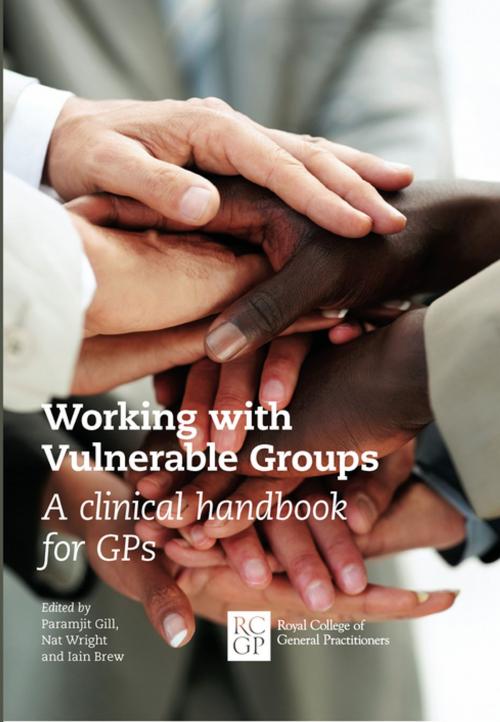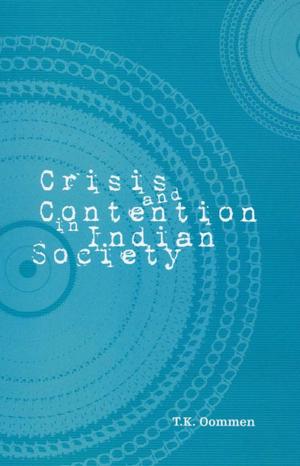Working with Vulnerable Groups
A clinical handbook for GPs
Nonfiction, Health & Well Being, Medical, Specialties, Family & General Practice, Social & Cultural Studies, Social Science, Sociology| Author: | ISBN: | 9780850843552 | |
| Publisher: | Royal College of General Practitioners | Publication: | February 28, 2014 |
| Imprint: | Royal College of General Practitioners | Language: | English |
| Author: | |
| ISBN: | 9780850843552 |
| Publisher: | Royal College of General Practitioners |
| Publication: | February 28, 2014 |
| Imprint: | Royal College of General Practitioners |
| Language: | English |
Working with Vulnerable Groups challenges GPs to consider that all patients are not equal in terms of need, and that therefore GPs may have greater responsibilities to some patients than to others. Designed to resolve this tension in the work of GPs, the book presents chapters on the homeless, Travelling communities, refugees and asylum seekers, sexual orientation and transgendered people, patients in secure environments, older people, patients with intellectual disabilities, and adolescents. Working with Vulnerable Groups defines social exclusion and health inequalities, and discusses how GPs can deliver care to their disadvantaged patients. The book ends with a chapter that discusses the imminent organisational and ethical challenges caused by changes in the NHS. GPs and other members of the primary care team will find this book invaluable in helping their most vulnerable patients. Why is it needed? This book will make it easier for all doctors to engage in the care of those patients who need care most and to realise the intense rewards both personal and professional that can result. This book is also for those who feel that working in primary care despite all its rigours and stresses is a privilege. If like the chapter authors you wish to better help those presenting in primary care as vulnerable but feel as if you sometimes lack the necessary knowledge and skills required, then this book is for you. It aims to guide the reader towards a better understanding of a variety of vulnerable groups so that the care we offer may be more tailored to their needs. This will allow the reader to offer help that is more useful and effective than that offered by the well-motivated generic practitioner.
Working with Vulnerable Groups challenges GPs to consider that all patients are not equal in terms of need, and that therefore GPs may have greater responsibilities to some patients than to others. Designed to resolve this tension in the work of GPs, the book presents chapters on the homeless, Travelling communities, refugees and asylum seekers, sexual orientation and transgendered people, patients in secure environments, older people, patients with intellectual disabilities, and adolescents. Working with Vulnerable Groups defines social exclusion and health inequalities, and discusses how GPs can deliver care to their disadvantaged patients. The book ends with a chapter that discusses the imminent organisational and ethical challenges caused by changes in the NHS. GPs and other members of the primary care team will find this book invaluable in helping their most vulnerable patients. Why is it needed? This book will make it easier for all doctors to engage in the care of those patients who need care most and to realise the intense rewards both personal and professional that can result. This book is also for those who feel that working in primary care despite all its rigours and stresses is a privilege. If like the chapter authors you wish to better help those presenting in primary care as vulnerable but feel as if you sometimes lack the necessary knowledge and skills required, then this book is for you. It aims to guide the reader towards a better understanding of a variety of vulnerable groups so that the care we offer may be more tailored to their needs. This will allow the reader to offer help that is more useful and effective than that offered by the well-motivated generic practitioner.















